Jayson Gillham is a featured artist in our 25th Anniversary Concert, Stuart Skelton sings Wagner at St Paul’s Church Knightsbridge on Wednesday 13 September at 7pm. Tickets are still available book here via this link
Fascinating Q&A with him published in Melbourne based Rehearsal Magazine.
On homesickness, networking and practice techniques.
Your newly released third album features the rarely-heard Medtner Piano Concerto No. 1 in C Minor. How did you discover the work and what was the process for programming the remainder of the record?
I was asked to learn Medtner’s first concerto for a feature documentary about the Australian pianist Geoffrey Tozer. Along the way I asked ABC Classics General Manager Toby Chadd whether it was something they would like to record and he liked the idea very much. At the time I was also working on the Rachmaninoff No. 2 with MSO for one of their free concerts at the Sidney Myer Music Bowl. It seemed like a great pairing, as the two men were contemporaries and friends. Toby Chadd suggested I add a couple of short solo works, and together we chose the beautiful Medtner ‘Angel’ and I chose the Rachmaninoff D major Prelude.
Performing for a live audience is, I imagine, a different beast to playing for a recording. Does the way you prepare the pieces going into the studio differ from the way you prepare for a live performance?
I always like to prepare everything as if it is for a live performance, however the process of studio recording is different. It could be compared to recording for film as opposed to live theatre. Sometimes you have to start at Act Two Scene Three and be immediately in character and aware of where this scene fits within the overall structure of the work. It can be mentally tiring because you need to maintain this intensity over a number of days.
Since relocating to London for study in 2007, you have performed across the globe with some of the world’s best orchestras and conductors. Can you tell me about that initial trip to the United Kingdom, what it was like to move away from Australia, and now how you look after yourself on the road when you’re away for so much of the year?
This is a great question. I can’t believe it’s already ten years since I left sunny Queensland. It’s a very difficult thing on reflection, to move so far away from home, and to be a country boy at heart who’s grown to form a love-hate relationship with city life. At the beginning, when I first moved to London, I was so caught up in the excitement of study at the Royal Academy of Music and new friends at my student halls that I didn’t realise what an upheaval it was. But after my first trip back to Australia I became very homesick. Over time things have settled to a point where I’m left with bittersweet feelings of being partly at home and partly out of place wherever I go.
I’m getting better at packing for trips. I don’t like quick trips where I have to take only hand luggage and be corralled through large clunky European airports. Those trips are very draining because what should be only a one or two hour flight ends up taking almost a full day by the time you factor in the train/bus journeys at either end and the 2-3hrs you need to be at the airport before the flight. European airports tend to serve a number of different cities and are not close to any of them. Australian domestic air travel is an altogether painless experience after flying in Europe.
I try to eat healthily and for me that means 95% of what I eat is whole plant foods. It’s a very nutritious diet that gives me a lot of energy and I tend to bounce back from the travel better now eating this way. For exercise, while I’m travelling it can be difficult. I really like Feldenkrais, which is popular amongst musicians but less well known than Alexander Technique. It teaches you a really fine awareness of your body through very gentle and pleasant movements. I can get away without massages most of the time now if I keep up with a regular Feldenkrais practice. It helps me to address an imbalance between the left and right sides of my body and a tightness in my mid back which can build up over time if I’m not careful and start to cause me problems. I have added this to my repertoire of strength and physio/pilates based exercises that I can take on the road with me anywhere. But I highly recommend to anyone, especially performing artists, to delve into Feldenkrais. There are endless resources online and a good place to start is www.feldenkrais.co.uk.
Being a professional pianist takes a lot more than just great technique and musicianship: in fact, you have to be fantastic at lots of non-musical things! Outside of the practice room, what have been the most important skills you’ve needed to develop?
For all musicians and especially those focused on mostly solo work and spending a lot of time alone, it is crucial to develop social skills and an ability to communicate with your audience. These days everyone wants to have a more personal connection with the artist and I always try to see the audience after the concert and say hello. For solo recitals in a more intimate or less formal setting, I will introduce each piece, talking about its historical context, its context in the life of the composer, and often my personal connection or experience with that piece.
Another critical skill is an ability to network and promote yourself and your work, with self-respect and discretion of course. At the end of the day no one is going to be as committed to helping you out as yourself, so it is very important to keep contacting promoters, agents, critics, etc, and finding other musicians you like and want to work with. The right tone and balance has to be struck, of course, because friendly reminders and updates can quickly turn into spam emails and unwanted calls.
With recitals and examinations fast approaching for students, getting performance-ready is the task at the front of the mind. Do you have any advice for musicians on dealing with feelings of performance anxiety and stage fright? How do you keep nerves in check before a performance?
I am perhaps not the best person to ask about performance anxiety because I know that it can range from nerves to something rather serious and debilitating, which fortunately I have not experienced. I think it would be wise for anyone with a crippling kind of anxiety to seek professional help in the form of therapy. There are many people who are very experienced in this and I have had friends who have benefited from therapy regarding performance anxiety.
I’ve been very lucky in that my nerves are mostly positive ones that help to make my performance more exciting and narrow my focus on stage. The only times I’ve had the bad kind of nerves is when I’ve felt underprepared, and so I would caution everyone, especially if they have to memorise their works, to know their music well enough that they can pick it up at a number of different points throughout the piece. Practising in a way that really reinforces forms of memory other than muscle memory is very important. Try practising a piece starting at a different point each time, and really get to know where you are structurally in the piece, such as what key you are in and where it modulates to next. Get to know your fingerings and inner voicings, and for pianists, practise the hands separately to the point of being able to completely memorise just the left hand, or try playing only the inner notes of chordal passages to strengthen your deep knowing of the piece. For a contrapuntal work, try singing one part whilst playing all the others. All of these tricks really help to secure a performance to the point where nerves are not going to cause debilitating worry on stage.
I think the more I’ve performed the more I’ve realised that the audience are there to enjoy the music, and they are not there to criticise me at every turn. There might be a couple of people in your average audience who go to concerts wanting to pick everything apart, but the vast majority are appreciative and understanding. People really want the performance to go well for you. And those listening who are performers/teachers/examiners, they have all been on stage themselves and know only too well the pressure of performing. They will also be hoping and wishing that it goes well for you.
Finally, if you could go back to the start of your performance career and give yourself one piece of advice about the industry, what would you say?
Repertoire! Learn lots of repertoire and learn it thoroughly, because later on you will have less time to learn new things. Look after your body. Learn languages (do as I say and not as I do when it comes to this one!).
Jayson Gilham’s new recording with the Melbourne Symphony Orchestra and Benjamin Northey is now available to purchase and download here.
Published with the kind permission of Rehearsal Magazine.
Read the original article here
To learn more about Jayson Gillham please click here
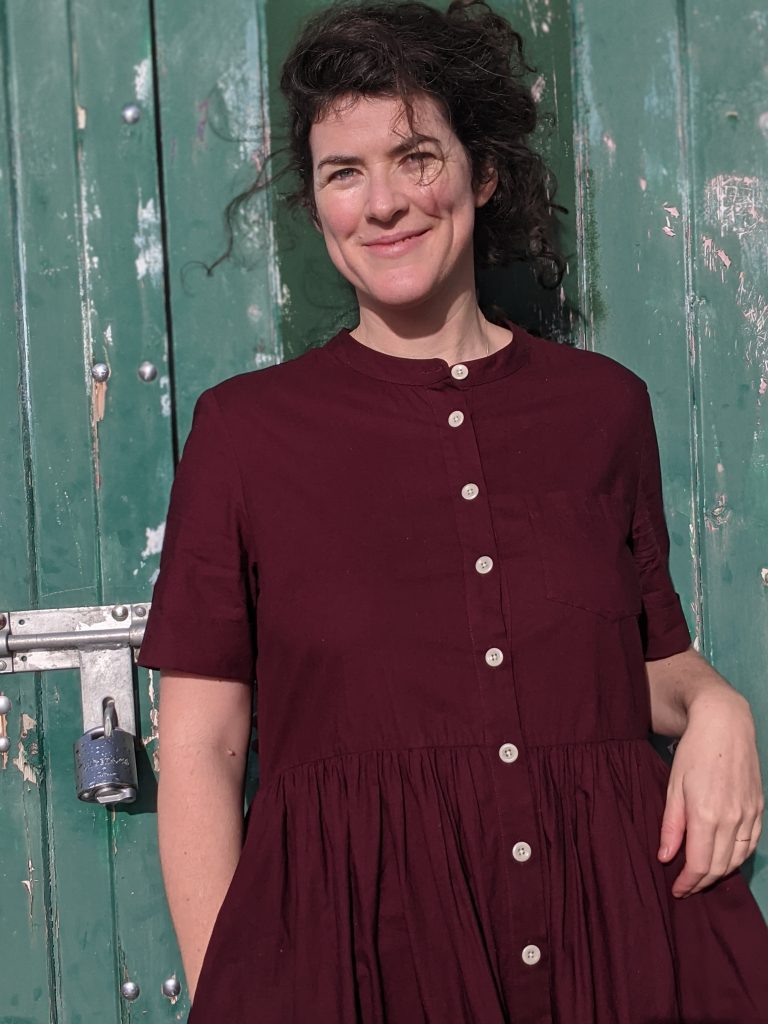


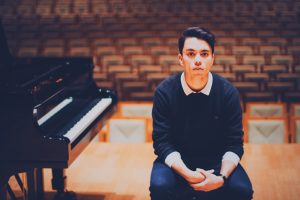
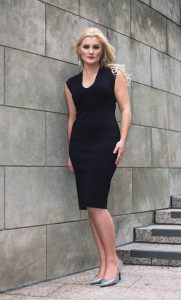






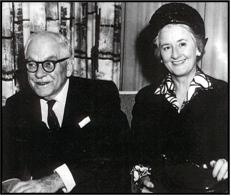
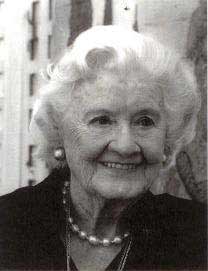

![Viola Wilson in character as Elsie in Gilbert and Sullivan's The yeoman of the guard, 1940?] [picture] / S.J. Hood](https://taitmemorialtrust.files.wordpress.com/2016/12/nla-obj-148735416-1.jpg?w=217)